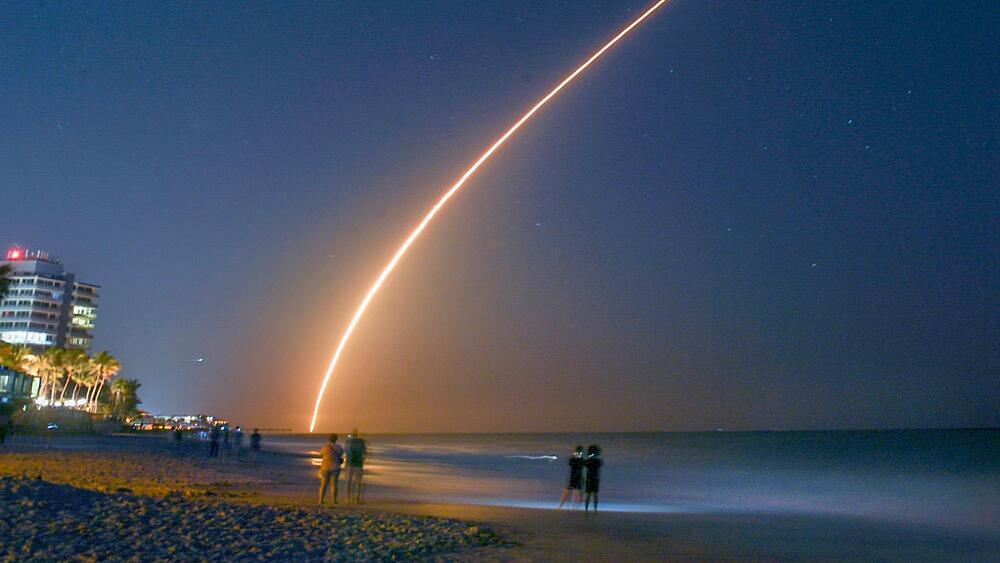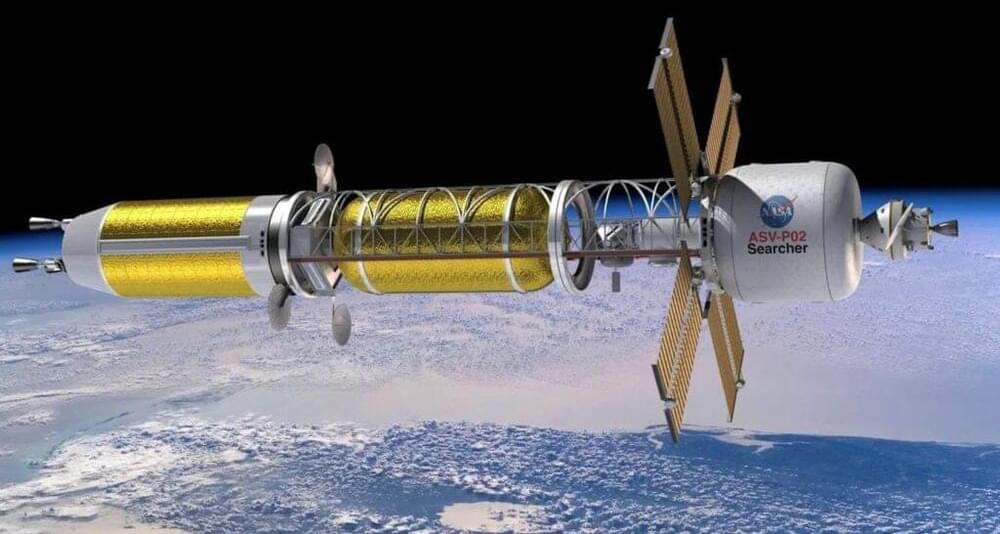Oct 29, 2024
The 3 Body Problem Explored — Robin Hanson, Anders Sandberg & Joscha Bach
Posted by Dan Breeden in categories: ethics, existential risks, robotics/AI
The 3 Body Problem Explored: Cosmic Sociology, Longtermism & Existential Risk — round table discussion with three great minds: Robin Hanson, Anders Sandberg and Joscha Bach — moderated by Adam Ford (SciFuture) and James Hughes (IEET).
Some of the items discussed:
- How can narratives that keep people engaged avoid falling short of being realistic?
- In what ways is AI superintelligence kept of stage to allow a narrative that is familiar and easier to make sense of?
- Differences in moral perspectives — moral realism, existentialism and anti-realism.
- Will values of advanced civilisations converge to a small number of possibilities, or will they vary greatly?
- How much will competition be the dominant dynamic in the future, compared to co-ordination?
- In a competitive dynamic, will defense or offense be the most dominant strategy?
Continue reading “The 3 Body Problem Explored — Robin Hanson, Anders Sandberg & Joscha Bach” »


















